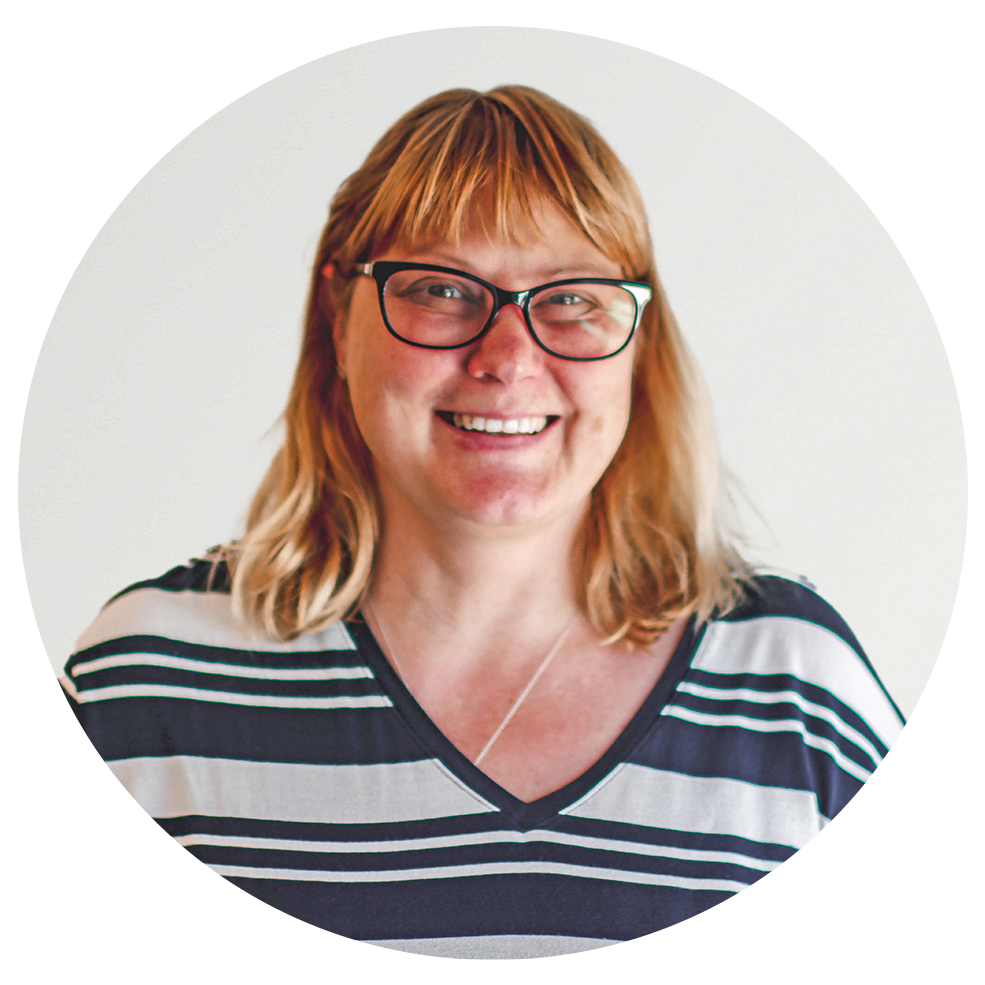AI in healthcare: Practical skills for the modern workplace
This webinar demystifies artificial intelligence for healthcare professionals who may feel overwhelmed or uncertain about AI's role in clinical practice. Moving beyond tech jargon and hype, we'll explore what AI actually is, how it works in healthcare contexts, and most importantly, how to use it safely and ethically in your daily practice.
Participants will learn practical applications for documentation, care planning, and clinical research synthesis, while addressing critical concerns about patient privacy, data security, and maintaining professional judgment. Through real-world examples from a physical therapy context, attendees will discover how AI can become a valuable thinking partner and help them reclaim time for patient care without compromising quality or ethics. The session incorporates recent ethical guidance from professional organisations to ensure responsible AI implementation.
Learning Outcomes
By the end of this webinar, participants will be able to:
- Understand AI fundamentals - Define AI in healthcare terms and identify the main AI tools relevant to clinical practice (ChatGPT, Claude, Gemini).
- Apply AI safely and ethically - Implement strategies to use AI while maintaining HIPAA/GDPR compliance, patient confidentiality, and professional standards as outlined by APTA ethics guidelines.
- Integrate AI into clinical workflows - Use practical techniques for AI-assisted documentation, assessment writing, and care planning that save time without sacrificing quality.
- Develop critical AI literacy - Evaluate AI outputs appropriately, understanding both capabilities and limitations to maintain clinical judgment and avoid over-reliance.
Meet our Experts

Cody Lee is a practicing physical therapist and healthcare AI educator who created "AI for PTs," a practical course teaching physical therapists how to strategically implement AI tools in clinical practice. With hands-on experience using AI to streamline documentation, synthesize research, and enhance clinical decision-making, Cody bridges the gap between emerging AI technology and real-world healthcare applications. He focuses on helping clinicians work smarter, not harder, while maintaining the highest standards of patient care and professional ethics.

Jenny is a senior occupational therapist. She qualified in 1997 and completed her MSc in Neuro-rehabilitation in 2007. She has worked in Neurological Rehabilitation at the Battle Hospital in Reading, and the Rivermead Rehabilitation Centre in Oxford which became part of the Oxford Centre for Enablement in 2000. She moved into the Specialist Disability Service at the OCE from where she joined the Oxford MND Centre in January 2007.
Since August 2009 Jenny has been funded full-time by the Motor Neurone Disease (MND) Association to develop NHS wheelchair services across the UK, to improve wheelchair provision for people living with MND.
People who watched this also watched...
24-hour postural care and seating
A thought provoking exploration of postural care and seating, looking at how we can improve people’s quality and length of life by focusing on protection of body shape.
Customised Equipment- Making Things Possible
This session will provide an overview of REMAP, a national charity that has been making and adapting equipment to meet the unique needs of individuals at no cost to them. The variety and complexity of equipment provided is wide-ranging and limited only by the creativity and skills of its volunteer engineers. The equipment created is explicitly designed for the client.
Sharing case studies, we will showcase the life span of REMAP’s service and explore how your professional curiosity can help clients achieve much more. We will discuss what can be achieved and how to consider the language we use as occupational therapists when working with the engineer. We will explore how you can influence commercial manufacturers to design accessible and cognitive infusion products.
Postural management in long-term neurological conditions
This webinar covers the principles of postural management and focuses on the assessment of people with long-term neurological disorders. We will explore different presenting postures and think about how we can address these with seating and a 24-hour management programme.


